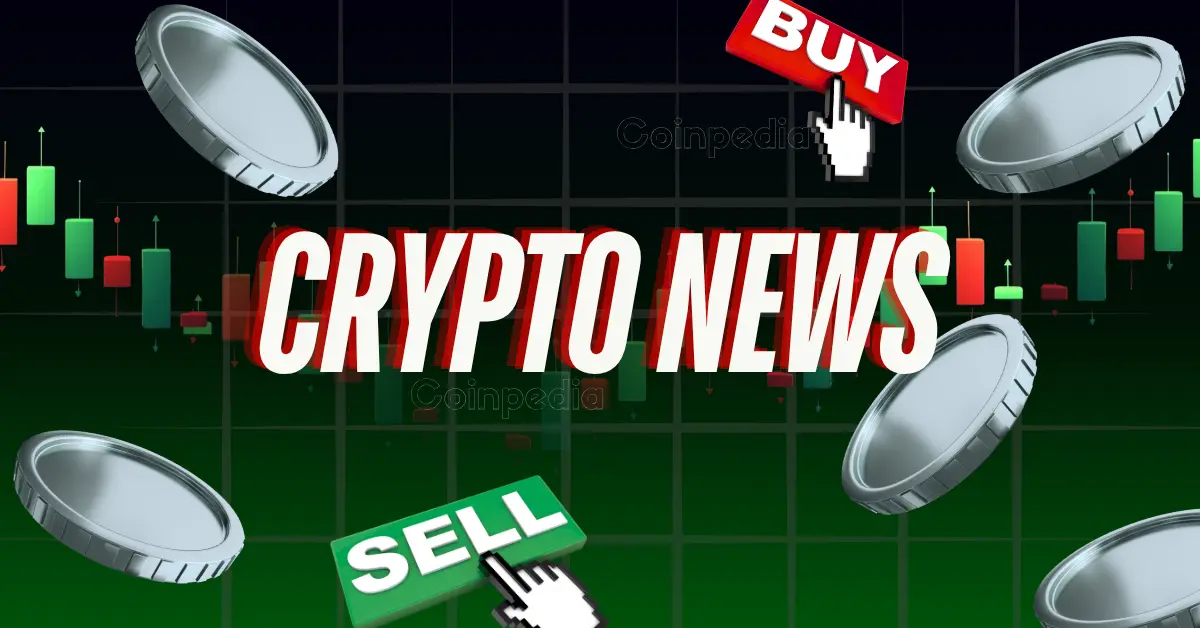Ripple vs. SEC: Nearing the Finish Line?
The saga of Ripple Labs and the U.S. Securities and Exchange Commission (SEC) has been a long-running drama in the cryptocurrency world, with the question of whether XRP is an unregistered security at its heart. While a conclusion appears on the horizon, the path is still paved with legal intricacies and lingering questions. Let’s delve into the winding road of this landmark case, examining the key moments, legal standpoints, and possible resolutions based on factual information.
A Split Decision and the Allure of Appeal
The SEC’s initial lawsuit against Ripple in December 2020 kicked off the legal battle, alleging unregistered securities offerings through XRP sales. July 2023 brought a pivotal, albeit mixed, ruling from Judge Analisa Torres. She ruled that Ripple’s sales to *institutional* investors did *not* violate securities laws – a win for Ripple. However, she also determined that Ripple *did* violate these laws through *direct sales to retail* investors, resulting in a $125 million penalty and a permanent injunction.
This split decision led both sides to appeal. Ripple contested the liability for retail sales, while the SEC challenged the finding that institutional sales weren’t securities. These appeals ensured the case’s continuation, delaying a final resolution.
The $50 Million Offer: A Path to Resolution?
Despite the ongoing appeals, both Ripple and the SEC began exploring a settlement. By March 2025, a proposed settlement materialized, featuring a reduced penalty of $50 million for Ripple (down from $125 million) and the removal of the permanent injunction on institutional XRP sales. The parties presented this proposal to Judge Torres, claiming “exceptional circumstances,” including changes in regulatory views and the desire to avoid further expensive litigation, justified modifying the original judgment.
Judge Torres’s Hesitation: Procedural Roadblocks
However, Judge Torres hasn’t readily embraced the settlement, repeatedly raising procedural concerns. Initially, she turned down a joint motion seeking an “indicative ruling” on the proposed terms, citing procedural issues. Soon after, she rejected the joint request to dissolve the injunction and lower the penalty, citing a lack of proper legal justification and process. These rejections have created frustration and conjecture within the XRP community.
The core issue appears to be the method of proposing the settlement. Judge Torres seems to require a more formal approach, possibly a new, detailed motion, instead of joint requests that bypass standard legal procedures.
Legal Experts Weigh In: Differing Opinions
This situation has elicited diverse opinions from legal experts. Attorney John Deaton, a prominent figure in the XRP community, has consistently expressed optimism, estimating a 70% chance of Judge Torres ultimately approving the deal. He believes the judge “wants more” detail and clarity, suggesting a revised motion could succeed.
On a more conservative note, former SEC officials like Marc Fagel have argued that Judge Torres essentially concluded the case with her initial ruling, and the appeals are merely prolonging it. Fagel has even speculated that Judge Torres might permanently lock Ripple’s XRP escrow accounts. Similarly, John Reed Stark, another former SEC official, has strongly criticized the Ripple decision, deeming it “mistaken” and a source of confusion.
SEC Retreat: Dropping the Appeal
A significant development occurred when the SEC officially dropped its appeal against Ripple Labs in March 2025. This indicated a clear intent to wrap up the legal fight and accept the proposed settlement. Ripple CEO Brad Garlinghouse hailed the decision as a potential end to the four-year battle, describing it as a victory. The dropping of the appeal doesn’t automatically equate to a finalized settlement; Judge Torres still holds the ultimate authority to approve or reject the terms.
Present Status and Expected Timelines
As of late May 2025, the case remains in limbo. Ripple and the SEC have expressed readiness to revisit the issue with the court, likely through a revised motion that addresses Judge Torres’s procedural concerns. Legal experts, such as Fred Rispoli, foresee a possible resolution by July if a new, detailed motion is submitted. However, the potential for further delays due to legal complexities or external factors cannot be ignored.
Impact on the XRP Community and the Crypto World
The outcome of the Ripple vs. SEC lawsuit carries significant implications. A successful settlement, particularly with the dissolution of the injunction on institutional sales, could trigger noteworthy growth potential for XRP. It would remove a major obstacle to adoption by financial institutions and could lead to increased institutional investment. Analysts have even forecasted a potential price target of $5 for XRP if legal clarity is achieved.
More broadly, this case serves as a crucial test for cryptocurrency regulation in the United States. A favorable outcome for Ripple could set a precedent for other crypto companies, offering greater regulatory certainty and encouraging innovation. Conversely, a harsh ruling could hinder the industry and stifle investment.
Conclusion: The Chapter Yet to Be Written
The Ripple vs. SEC lawsuit is in its final stages, but the path to resolution remains shrouded in uncertainty. While the SEC’s decision to drop its appeal and the proposed settlement suggest a desire for closure, Judge Torres’s repeated rejections of procedural shortcuts emphasize her commitment to due process. The XRP community and the broader crypto market now await Judge Torres’s final decision, which will undoubtedly shape the future of XRP and potentially influence the regulatory landscape for digital assets in the United States. The case underscores the delicate balance between innovation, investor protection, and regulatory oversight in the rapidly evolving world of cryptocurrency.











